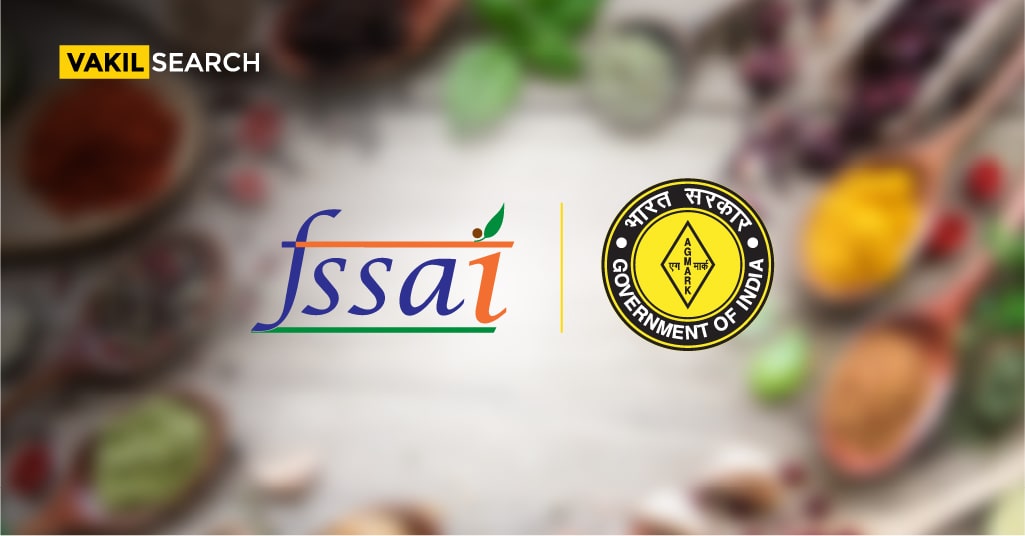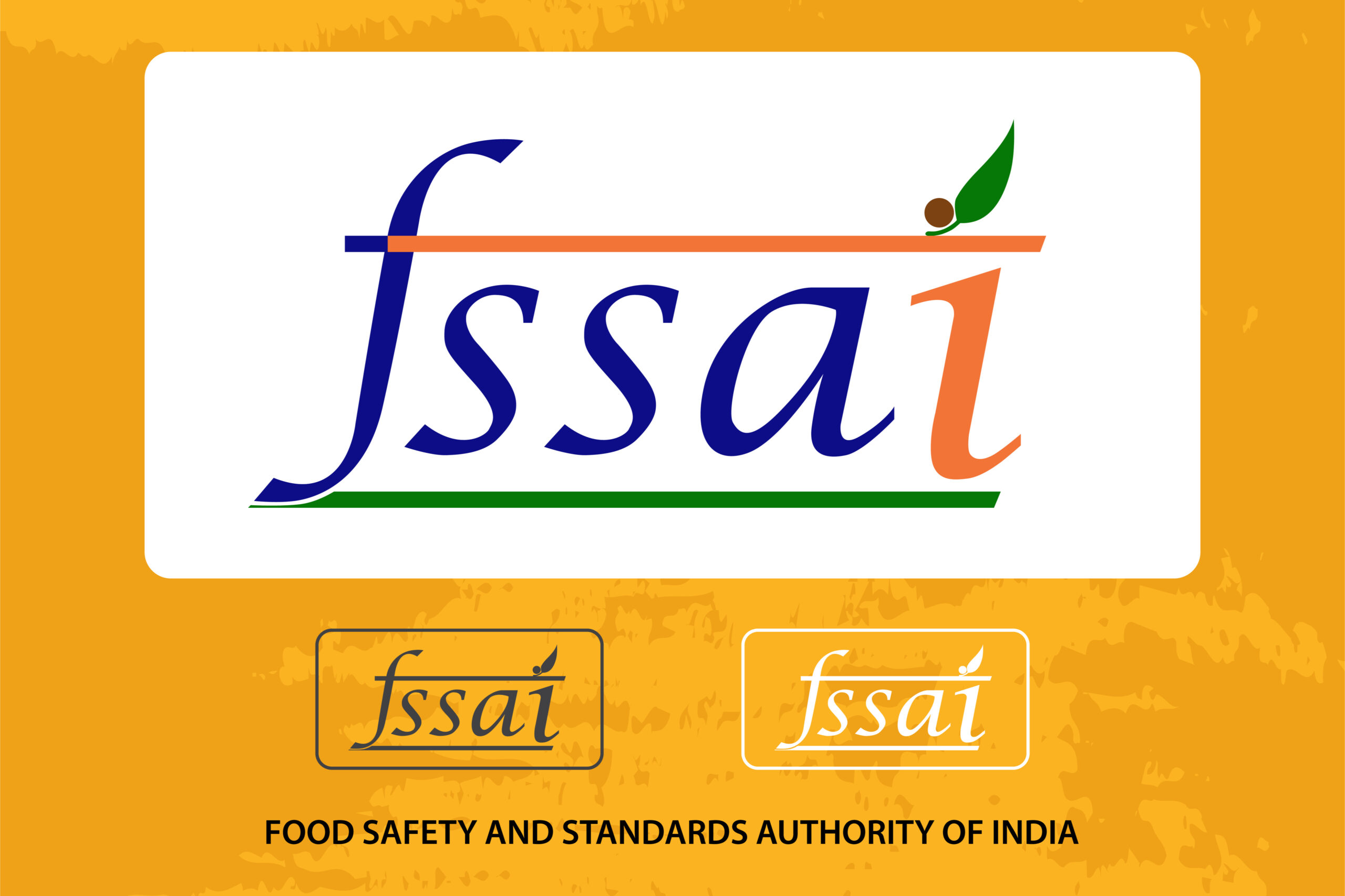In this article, we are going to explore how food safety works in India and how the sector is regulated
Have you ever asked yourself if the food you are eating is safe to consume? Well, don’t worry. There are measures and controls in place that make sure you are. The food industry is massive in India, not just because of the population but because food plays a very important role in our culture and traditions. Any kind of issue with the quality of food being sold commercially can cause a health endemic. It is hence the government’s obligation to regulate the sector to ensure that anyone who intends to sell consumables is licensed and their products tested before they are allowed for commercial distribution. In this blog, we will explore the state of food inspection in India, its current challenges, and the steps taken by the Indian government to ensure the safety and quality of the food supply chain.
Processed foods that you order at restaurants have to pass various food inspections before being graded as safe to consume. What you cook and eat comes at your own risk and expense, so there are no checks and inspections on it.
But if you’re at a restaurant, it comes under the purview of public safety measures to ensure that the food being served is safe to consume. To ensure public safety, the Indian Government uses several checks and food inspections which are mandatory in the food industry. Let us take a look at this aspect of food safety in a little more in detail.
Why Are Checks and Food Inspections Required?
Food is one of the basic needs of life but if consumed in the wrong way, it can also be the cause of diseases and death.
For this exact reason, there is always a need to have safety checks in place. Any item that is available for public use and consumption has to first pass several safety checks and inspections. For instance, for drugs and medicines, there are Food and Drugs Authority (FDA) inspections. And several levels of checks are in place to ensure that those drugs are safe for human consumption.
Like the FDA there are various governing bodies that ensure the safety of the food being commercially sold to the public. In India, the Food Safety and Standards Authority of India (FSSAI) is the leading body. It oversees, governs, and sets safety standards for the food industry in India.
What Is FSSAI? What Is FSSAI Food License?
The FSSAI is the primary governing body that regulates food safety and standards in India. It functions under the Food Safety and Standards Act, of 2006. Further, it is the de facto body that deals with setting up food safety standards and food inspections in India.
It has set up local governing bodies on a state level that foresee food regulation in their states. FSSAI issues food licenses to operate the food business in India
How Is It Implemented?
As with any governing body, there is always some associated chaos. Due to the sheer scale, this is more true in India which is such a vast and populated country.
Moreover, India has millions of restaurants and food brands with new ones popping up every other day.
The question that comes to mind is – How is all this managed and Public Safety assured?
FSSAI has a decentralized management system. It assigns every state with its local food and safety body. These local bodies operate under guidelines from FSSAI.
How Do the Food Inspections and Checks Work?
Governing, regulating, and inspecting restaurants and food manufacturers are in the following manner.
- The process begins with an application.
- Moves on to inspections and checks.
- If approved, licenses and certificates are awarded.
- Further, if disapproved, food safety standards must be met.
Let’s have a closer look:
Application
- Food Trucks, Restaurants, and Food chains must apply for an FSSAI Certificate with the local municipality.
- Additionally, food manufacturers must apply for an FSSAI license if their turnover is more than 12 Lakhs, food manufacturers with a turnover below 12 lakhs need to apply for an FSSAI certificate.
- FMCG producers and manufacturers with a turnover of above 20 Crore must apply for an FSSAI
Central License
Food Inspections and Restaurant Inspection
- Municipalities assign a Food Safety Inspector to an application. The food safety inspector is tasked with auditing and inspecting the food safety standards in that particular restaurant or food chain. The auditing revolves around checking if safety needs meet while procuring and preparing food for consumption. This is a food inspection.
- The second inspection which takes place is the restaurant inspection. The food safety inspector audits the restaurant to check if the place is hygienic or not. If the place is dirty and shabby, the application will disapprove. Completing the health inspection and restaurant inspection. Grants the owner an FSSAI Certificate. Thich guarantees the public that this restaurant is safe to eat from.
- Food Chains and Manufacturers also go through the same process. Food Inspections, Restaurant Inspections, Health and Safety Inspection by a Food Safety Inspector.
- Larger Manufacturers must apply for a Food Safety Inspection from an FSSAI-approved Food and Safety Inspection Service agency.
Approval and Certification
- Upon approval by the Food and Safety Inspector, an FSSAI Certificate is issued to restaurants, food trucks, and local food chains.
- Small food manufacturers and producers, upon approval by the Food and Safety Inspector, are awarded an FSSAI Certificate.
- Medium to Large Scale food manufacturers and Producers in the FMCG market are awarded an FSSAI license and FSSAI Central License if they successfully pass the audit and inspection by a Food and Safety Inspection Service Agency.
Conclusion
India has one of a kind food and safety inspection service that is overseen by FSSAI. So if you are planning to start your own food-related business, FSSAI certification is the first in your list of priorities. The process is lengthy and rightly thorough. There is a fair amount of paperwork involved along with interaction with the authorities. Any discrepancy or error in the process can lead to rejection and delays. So it is always advisable to seek the guidance of an experienced professional who has handled such matters in the past and understands the process thoroughly. If you are looking for any other queries with regard to FSSAI or require assistance with its application, get in touch with us and our team of experts will assist you through the process.
Read More,









